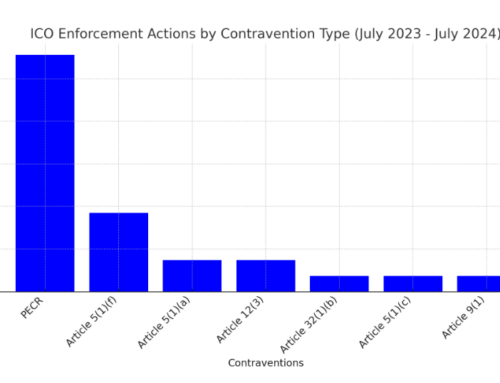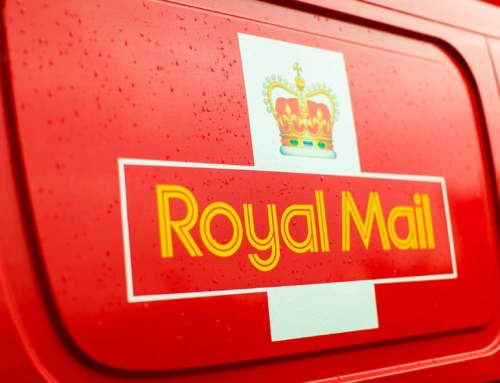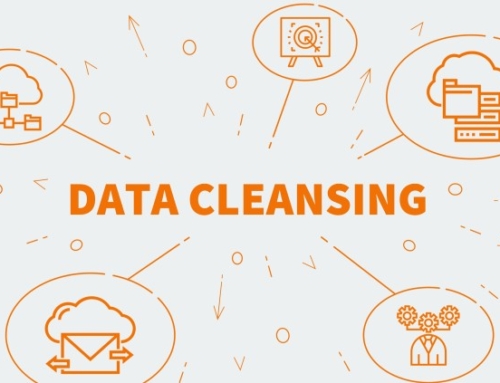According to a new report by Validity which surveyed over 1,200 CRM specialists, 76 per cent of businesses rate their customer relationship management (CRM) data quality as either “good” or “very good. Yet, according to the study 44 per cent estimated their company loses over 10 per cent of annual revenue due to poor data quality. Which seems something of a paradox.
Close to 20 years ago a programme called How Clean is Your House? regularly attracted 5.1 million viewers, over 1.5 million more than Love Island – clearly this was before the time of Netflix and Amazon; there was very little else on! The format was simple; hapless homeowners were visited by professional cleaning duo Kim Woodburn and Aggie Mackensie to be shown just how filthy their homes were. Bathrooms and kitchens were literally put under the microscope to show the germs and ground-in-grime that the eye couldn’t see. Nice.
However, this provides an interesting parallel with data. All too often businesses mistakenly believe that their data is accurate and up to date – but fail to realise that in actual fact over a third of it is wrong due to changes in circumstance such as moving house or sadly, customers passing away. This has become even more of an issue during the pandemic with the UK death rate having almost doubled. The study reinforces this with 79 per cent of respondents agreeing data decay has accelerated at an unprecedented rate because of Covid-19.
Maintaining high-quality data health remains a challenge for many businesses, so much so that the UK Government this month published an advice paper on data quality assessment, which can be accessed here: https://www.gov.uk/government/news/data-quality-assessment-pitfalls
The bottom line, as highlighted by this latest research, is that poor quality CRM data results in significant customer losses, sales deficits, and high employee turnover. Worryingly, data mismanagement was also found to lead to dubious internal practices, with 75 per cent of those surveyed admitting they often (33 per cent) or sometimes (42 per cent) fabricate data to tell the story they want decision-makers to hear.
The impact extends to employees too. CRM users are at their breaking point, with 64 per cent saying they would consider leaving their current role if additional resources were not allocated to a CRM data quality plan.
Luckily, there’s light at the end of the tunnel – companies are planning to address these issues with increased budgets and full-time staff. This year, 57 per cent expect their company to increase data management budgets, while 56 per cent of those who do not currently have full-time employee(s) dedicated to CRM data quality have active plans to make hires in the next six months.
However, the solution does not necessarily lie in more resource. There are also technological options available. Such as our unique CRM data hygiene solution, Clean Contacts, which enables users of Microsoft Dynamics365 to clean their data regularly, easily, quickly, cost efficiently and securely all within the Azure environment meaning that the data does not have to leave the Dynamics ecosystem. This means that customer data can be cleaned on a regular basis ensuring that customer data is accurate as possible meaning increased ROI and compliance to GDPR.





